-
시내버스 노사 협상 ’타결’…오늘 첫차부터 운행 재개재생
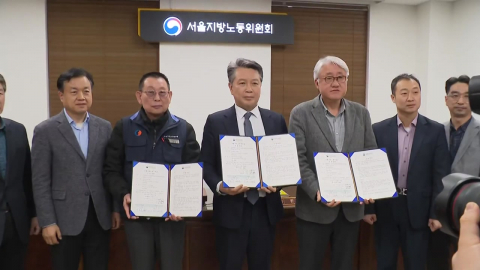
-
서울 시내버스 노사가 파업 이틀째 재개한 협상에서 극적으로 합의했습니다. 역대 최장 기간 멈춰 섰던 버스도 오늘(15일) 첫차부터 운행을 재개합니다. 이형원 기자입니다. [기자] 서울 시내버스가 오늘부터 다시 운행을 시작합니다. 서울시버스조합과 사측이 극적으로 협상을 ’타결’한 겁니다. [박 점 곤 / 서울시버스노동조합 위원장 : 파업으로 인해서 서울시민이 그동안 고통을 겪은 건 진심으로 제가 2만 명을 대표해서 진심으로 서울시민에게 사과를 드립니다.] 노사는 어제(14일) 오후 3시부터 서울지방노동위원회에서 두 번째 사후 조정회의를 열었는데, 협상 시작 8시간 50분 만에 조정안에 합의했습니다. 구체적으로 임금을 2.9% 인상하고, 정년을 기존 만 63살에서 단계적으로 2년 연장하기로 했습니다. 당장 올해는 만 64살로, 내년에는 만 65살로 늘립니다. 애초 노조는 통상임금 문제는 논외로 하고, 임금 체계 개편 없는 임금 3% 인상과 정년 2년 연장 등을 요구해왔는데, 인상률 0.1%p를 양보한 것 외에는 다 관철시킨 겁니다. 특히 1차 조정안으로 임금 0.5% 인상이 나왔던 만큼, 2차 조정에서 노조 요구가 대부분 받아들여진 것으로 볼 수 있습니다. [한 대 광 / 서울시버스운송사업조합 상무 : 노사 모두 서로 합의를 위해서 노력을 했고, 그 결과 시민 불편을 해소한 것이 성과 중에 하나라고 생각합니다.] 역대 최장 기간인 이틀 동안 멈춰 섰던 버스로 출퇴근길에 극심한 불편을 겪었던 시민들도 이제 한시름 놓게 됐습니다. YTN 이형원입니다. 영상기자 : 이영재 영상편집 : 김희정 ※ ’당신의 제보가 뉴스가 됩니다’ [카카오톡] YTN 검색해 채널 추가 [전화] 02-398-8585 [메일] social@ytn.co.kr
-
미 연방 대법원, 14일도 트럼프 관세 판결 안 내려

-
미국 연방 대법원이 현지 시간 14일에도 트럼프 행정부의 관세 정책에 대한 판결을 내리지 않을 것이라고 로이터 통신이 보도했습니다. 미국 대법원은 총기 범죄 등 형사 사건 2건과 행정 사건 1건에 대해서만 판결해 관세에 대한 판결은 이번에 나오지 않을 것으로 보입니다. 앞서 연방 대법원은 지난 9일에도 주요 사건 선고를 예고해 상호 관세 등 관세 정책의 위법성 여부에 대한 판결이 예상됐지만 나오지 않았고, 다시 14일 주요 사건 결정을 예고하며 최종 판결이 나올 것으로 예상됐지만 연기됐습니다. 미국 연방 대법원은 트럼프 대통령이 국제 비상 경제 권한 법을 근거로 광범위한 관세를 부과할 수 있는지에 대해 심리하고 있습니다. 앞서 미국 12개 주와 중소기업이 트럼프 대통령이 국제 비상 경제 권한 법을 근거로 부과한 관세가 위법하다며 소송을 냈고, 1심과 2심은 모두 정부 패소 판결을 내렸습니다. 또 보수 우위 구도의 연방 대법원에서도 지난해 11월 관세 소송 변론에서 관세 정책이 의회의 권한을 침해한다는 지적이 나오면서 정부의 패소 가능성이 제기됐습니다. 트럼프 대통령은 관세 판결이 정부 정책을 뒤집을 경우 행정부가 돌려줘야 할 환급액과 보상해야 할 투자액이 ’수조 달러’가 될 것이라면서 극도의 혼란이 예상된다고 주장했습니다. ※ ’당신의 제보가 뉴스가 됩니다’ [카카오톡] YTN 검색해 채널 추가 [전화] 02-398-8585 [메일] social@ytn.co.kr
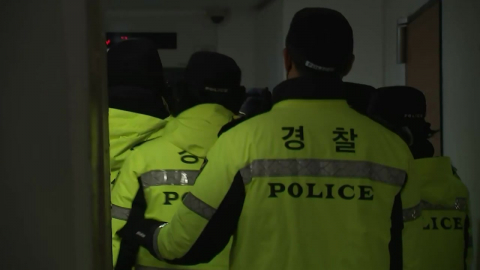



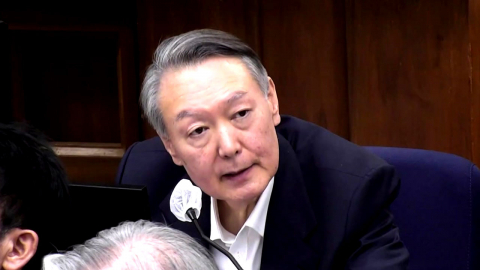
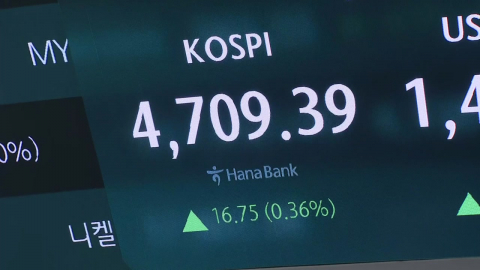
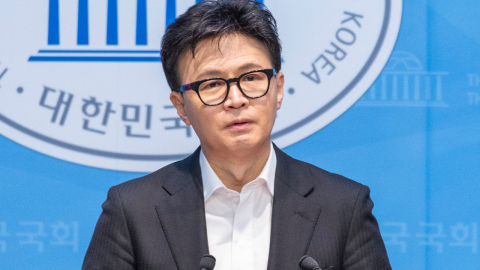
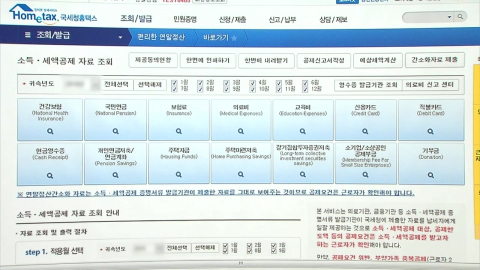
![’비계 삼겹살’ 논란 끝?…"지방 비율로 삼겹살 세분화" [앵커리포트]](https://image.ytn.co.kr/general/jpg/2026/0114/202601142243316273_h.jpg)
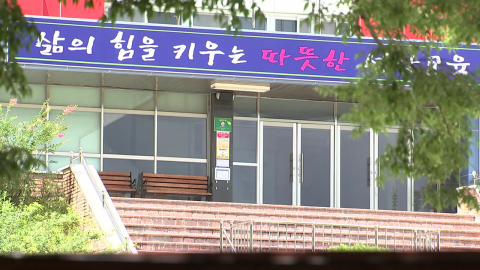
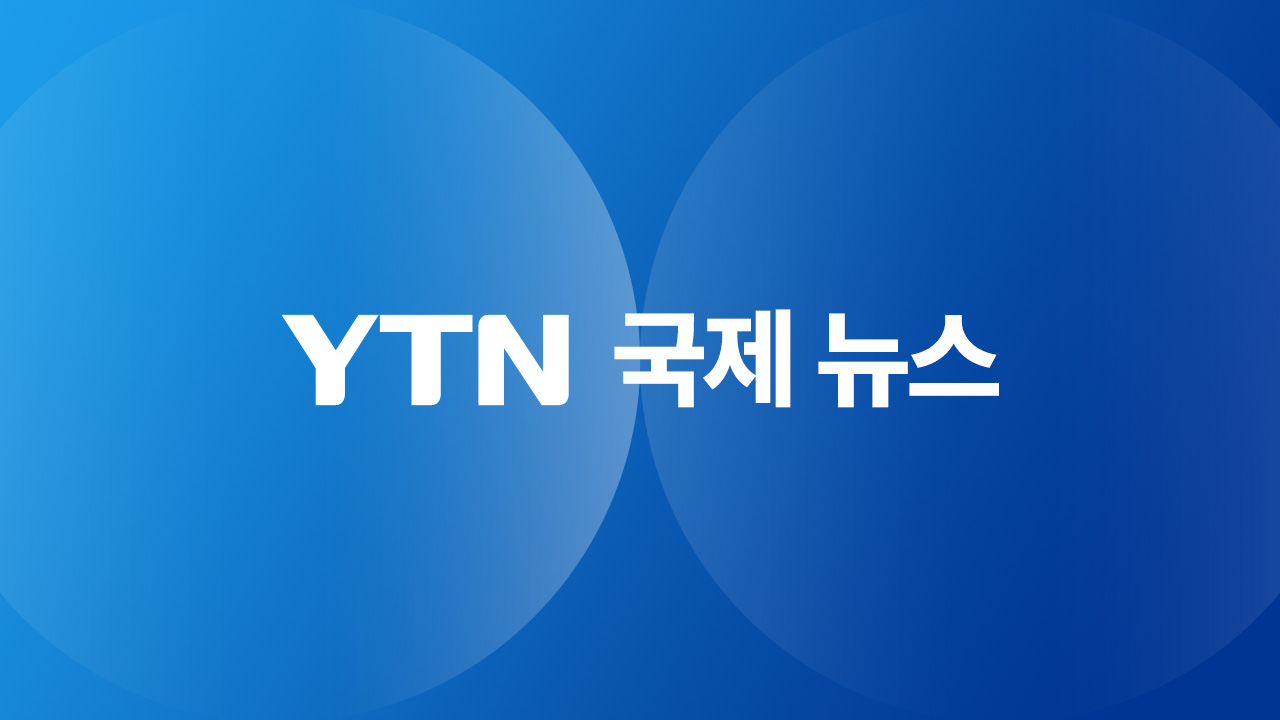
![올리브영 빈자리에 ’온리영’?…중국판 짝퉁 꼼수 [앵커리포트]](https://image.ytn.co.kr/general/jpg/2026/0114/202601142244287738_h.jpg)
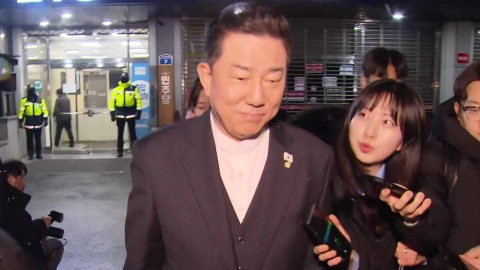
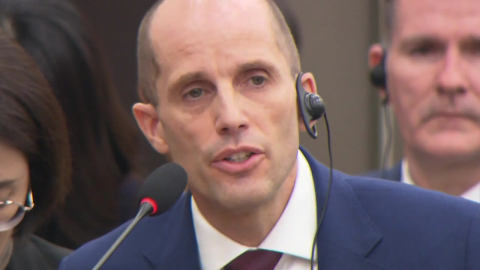

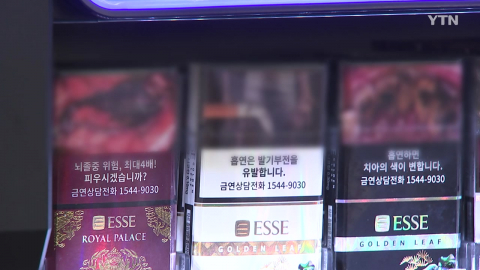

![[날씨] 밤사이 눈비·살얼음 '비상'…주말까지 온탕 뒤 냉탕](https://image.ytn.co.kr/general/jpg/2026/0115/202601150123313899_h.jpg)



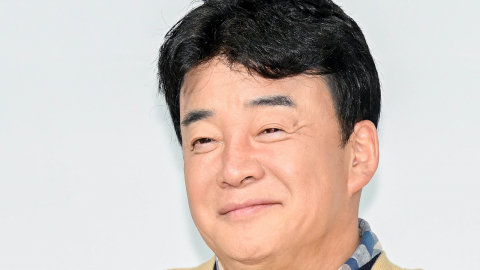
![[Y현장] “연프인지 ‘스우파’인지”…‘솔로지옥5’, 선 넘은 직진 테토녀 전쟁 온다](https://image.ytn.co.kr/general/jpg/2026/0114/202601141251048482_h.jpg)





